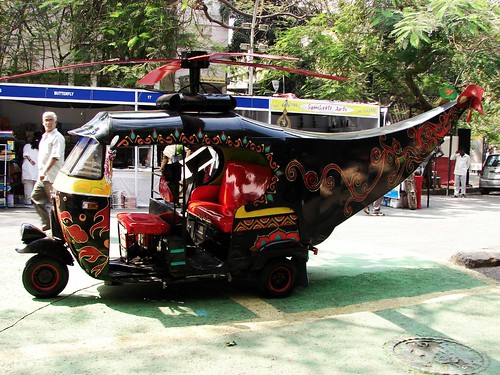Dadua Slain. Is Banditry on the Wane?
 I did a short interview for NPR yesterday on the last stand of the feared bandit Dadua in Uttar Pradesh last week. Special forces surrounded the dacoits position and lobbed grenades at him and ten of his armed colleagues.
I did a short interview for NPR yesterday on the last stand of the feared bandit Dadua in Uttar Pradesh last week. Special forces surrounded the dacoits position and lobbed grenades at him and ten of his armed colleagues.I'm interested in doing some more research on banditry in India. Unlike the various revolutionary movements across South Asia, there is something romantic--if unnerving--about the dozen or royal dacoits who have spend decades resisting the government. Unlike the Naxals men like Dadua, Veerapam, and Man Singh didn't have grandiose political aims, but were unwilling to live by conventional morality. It almost that the most powerful dacoits in India are the inheritors of India's long dead feudal traditions.
Dadua survived in the ravines and jungles of Uttar Pradesh for so long because he fashioned himself as a patron of the rural downtrodden. He got the vote out for political parties, and paid dowry money for families who could not afford to get their daughters married off. He was half-magnanimous monarch and half cold blooded killer with over 150 murder cases attributed to him by the police.
Man Singh, the notorious bandit king who was gunned down in a similar manner by the police in the 1950's, has risen to god like status in Madya Pradesh. Today a score of temples in rural areas include his bust along with the pantheon of Hindu gods. Even 60 years after his death local people see him as a benefactor.
Yet the central government seems to be stepping up operations against bandits and I wonder if soon there won't be any place for these sorts of figured in India's IT future.
I'd like to find out more about Dadua. Perhaps I'll take a trip up to UP and visit the temple he consecrated.
Listen to the NPR story here: http://www.npr.org/templates/story/story.php?storyId=12255575








